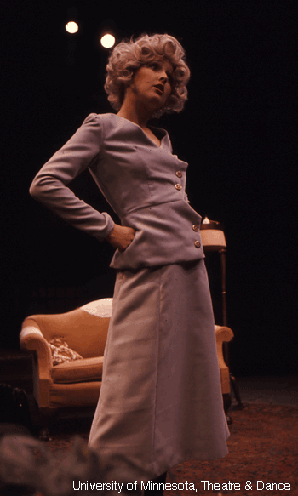I’ve been called a “historian in theatre-people clothing” — colleagues often comment on how much non-theatre history I include in my research. Given that both my parents are historians and that one of my dissertation advisors was a historian, this may not be surprising. However, it continues to resurface as a question: How much “history” do you need to know to do theatre history? For me, that question draws an artificial distinction among fields. John L. Brooke, currently a professor of history at OSU and one of my dissertation advisors back in the 1990s, once told me to “look for the names” in crafting any kind of history. That advice has continued to resonate for me over the years. It led me to my first book as I pondered why the founders of the 1794 Boston Theatre also kept showing up in legal cases involving something called the “Boston Tontine Association”. It turned out that the theatre’s founders amassed substantial amounts of money in their tontine scheme — part of which they poured into flouting state law and building Boston’s first professional playhouse.
Looking for the names automatically takes me across disciplinary boundaries. If my theatre founder turns up in a land scheme or a bank deal, I need to understand how he got there. In writing my chapter for Theatre Historiography: Critical Interventions I followed an even more elusive name — that of “Mr. Solomon” — a Jewish performer who appears in the historical record with no established point of origin and, so far, no first name. Mr. Solomon has become something of an obsession for me. On the one hand, he is supremely unimportant. He was never a star performer and appears only sporadically in the histories of the early national theatre. On the other hand, as one of the first Jewish American theatre performers in the new nation, he is incredibly important. Questions abound. Was he known to be Jewish at the time? Was he practicing his faith? What did he think about the negative Jewish stereotypes of the period? Did other Jewish Americans embrace him because of his faith, or did they reject him because of his profession? My compulsion to follow this one offered a wonderful opportunity for me to interrogate my own research process and to think seriously about whether there can ever be too much “history” in my theatre history.
{ 1 comment }

